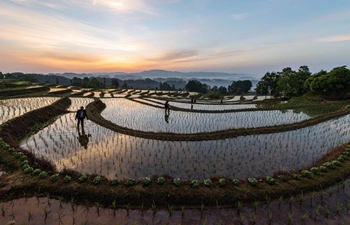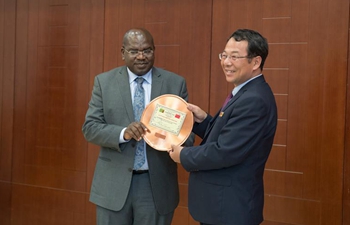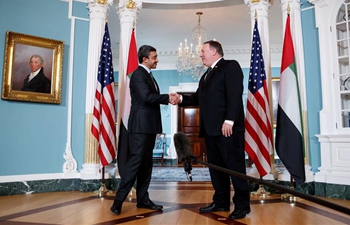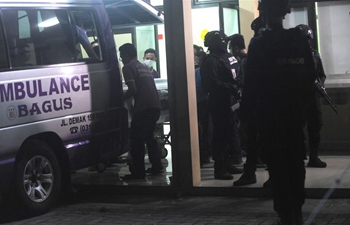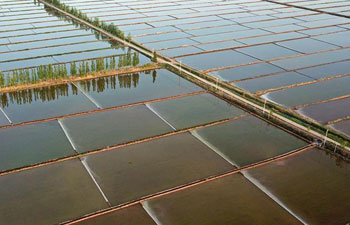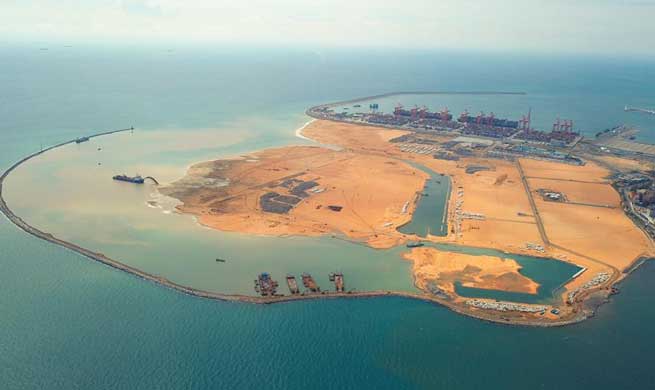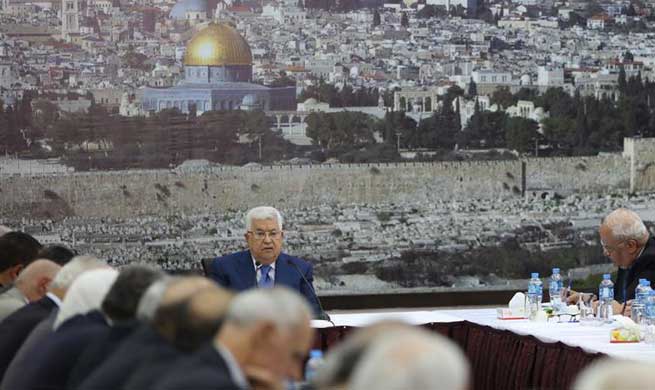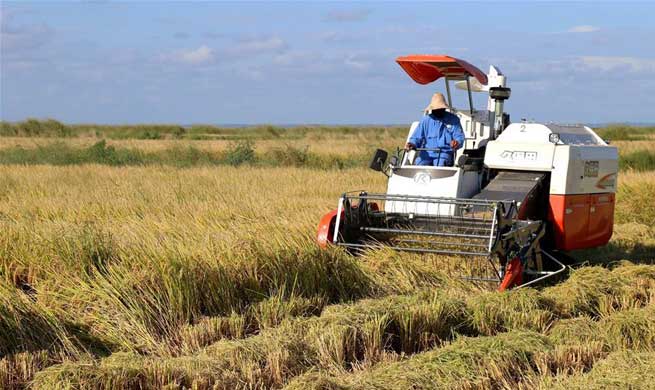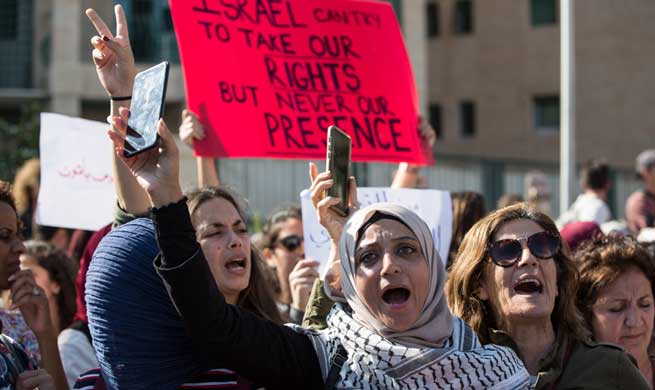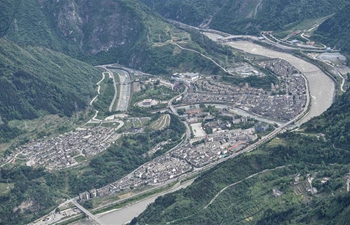by Pau Ramirez
SAO PAULO, May 14 (Xinhua) -- In Brazil's biggest city Sao Paulo, the poor long spurned by traditional banks have decided to create not only a bank of their own, but also their own currency.
The novel initiative is expected to allow residents of the Paraisopolis favela, or slum, in southern Sao Paulo to do things many urban dwellers take for granted: open a bank account, get a debit card, and apply for a small loan.
The non-profit Bank of Paraisopolis, set to begin operating in the second half of the year, will be run by the local community, where the Nova Paraisopolis currency will be an accepted tender.
Bank clients will also benefit from discounts at some 8,000 shops and businesses within the favela, estimated to have some 100,000 inhabitants, according to the latest census, ranking among Brazil's 10 largest slums.
"Our intention is to let people have an account and be able to make withdrawals and small loans," community leader Gilson Rodrigues, president of the Paraisopolis Union of Residents and Business Owners, told Xinhua.
According to Rodrigues, the bank will prioritize loans, at lower than market interest rates, for those who want to open their own businesses, and even offer trainings on how to set up and run small enterprises.
"When you incentivize and prepare business owners, the business tends to do well and the money is paid back without any delays," said Rodrigues.
To finance the initiative, the residents' association plans to hold a fund-raising dinner for prominent personalities and businesses leaders. The money raised will go into a fund for the bank's operations.
Instead of going to bank owners or shareholders, the interest on loans are to be invested back into the community through projects, such as establishing a youth orchestra, a dance troupe or building a roof-top restaurant overlooking the city.
"We don't want to make money ... we want to invest in community development, in local businesses and consumption, generating jobs," said Rodrigues.
The residents' association reports that 21 percent of the people who live in Paraisopolis also work there.
The favela briefly became famous some years ago when it served as the backdrop for a Brazilian soap opera, though the fame did little to improve the poor living conditions there, such as a dilapidated and in some cases nonexistent sewage system, and a lack of other infrastructure facilities or services.
Nearly 5,000 families in the slum living in very low-rent units receive a monthly subsidy from the city government to help cover rental costs.
Economist Bruno Duarte noted that the slum bank initiative has been successfully tried elsewhere in the world and in less densely populated parts of Brazil.
Duarte said that in 2006, Bangladeshi social entrepreneur Muhammad Yunus won the Nobel Peace Prize for pioneering the concept of microcredits to help the poor.
The idea works because it meets a basic need in marginalized areas with little government presence or access to traditional financing, said Duarte.
"The majority of residents in rural parts of Brazil or in smaller cities in the interior today still have no access to (financial) services ... or small loans," he noted.
The fact that the residents themselves are involved in managing the Paraisopolis bank "automatically creates a self-management system ... that helps reduce delinquency rates" in paying back loans, he said.
What's more, he said, "the people know that by using these banks they create jobs and profit in their own community."




